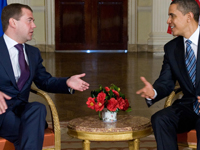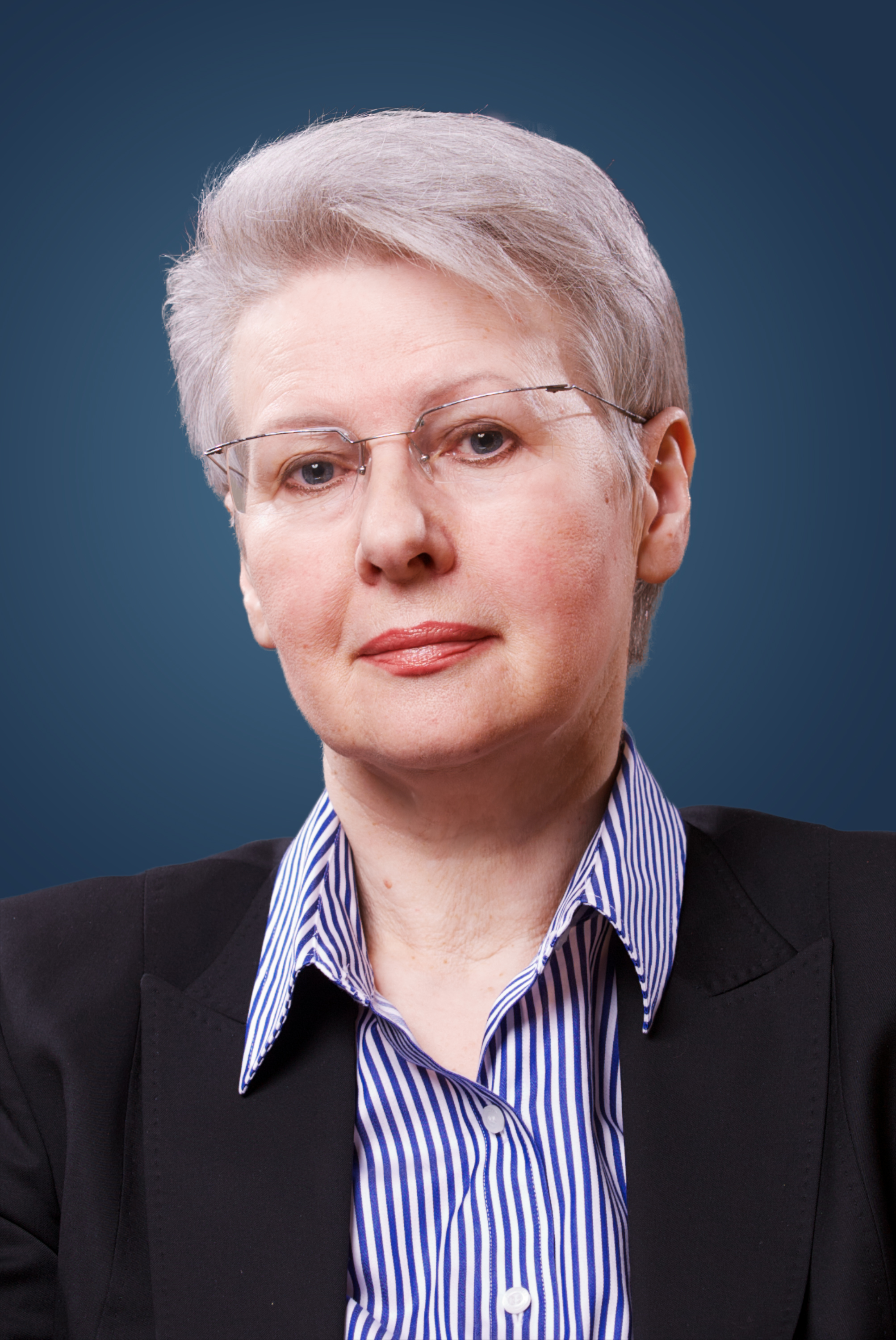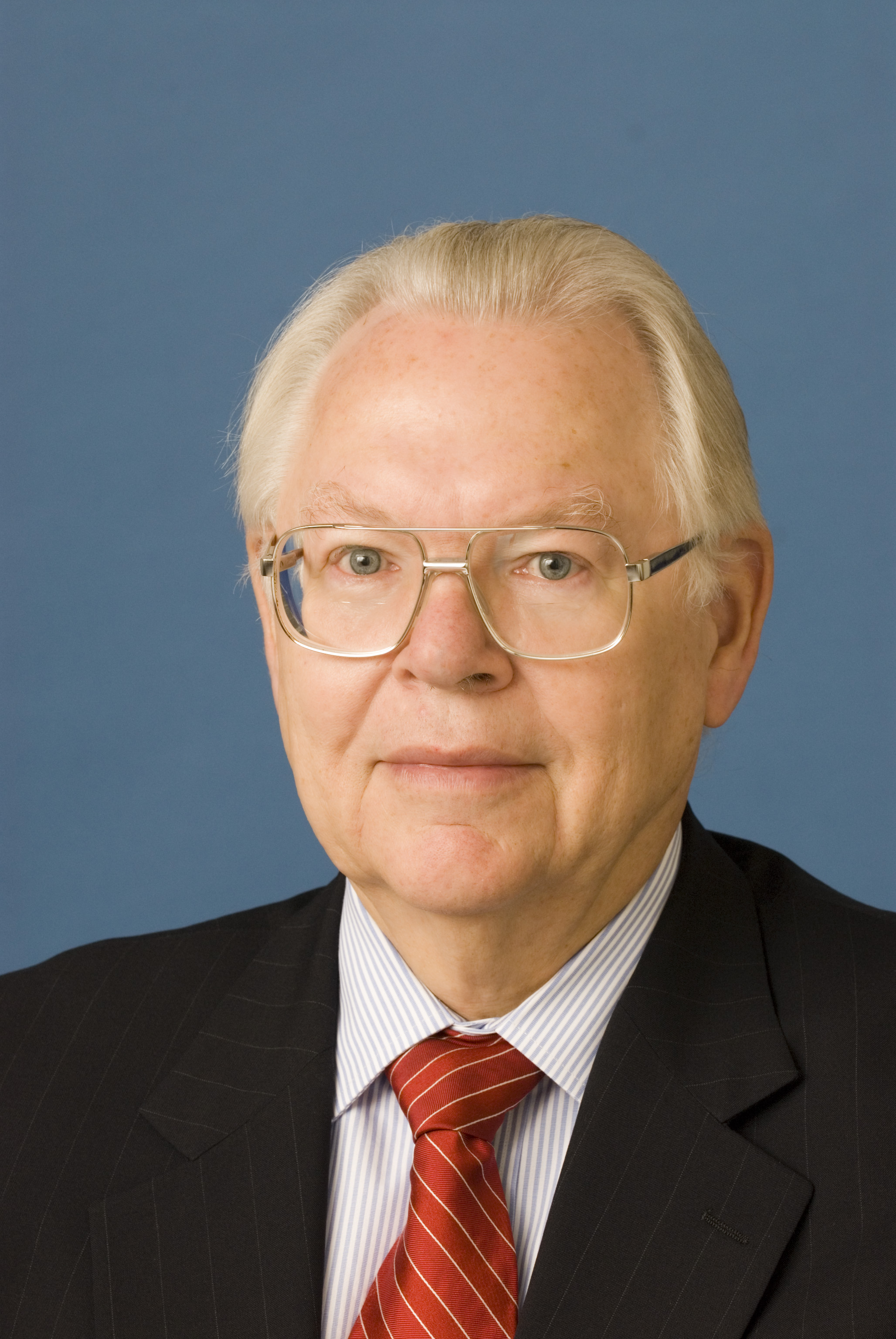{
"authors": [
"James F. Collins",
"Dmitri Trenin",
"Lilia Shevtsova"
],
"type": "event",
"centerAffiliationAll": "dc",
"centers": [
"Carnegie Endowment for International Peace",
"Carnegie Russia Eurasia Center"
],
"collections": [],
"englishNewsletterAll": "",
"nonEnglishNewsletterAll": "",
"primaryCenter": "Carnegie Endowment for International Peace",
"programAffiliation": "russia",
"programs": [
"Russia and Eurasia"
],
"projects": [],
"regions": [
"North America",
"United States",
"Caucasus",
"Russia"
],
"topics": [
"Security",
"Foreign Policy"
]
}
Moscow Summit: Expert Briefing Live From Moscow
Wed, July 1st, 2009
Moscow
Although Russia and the United States approach the July 6 – 8 Moscow summit with significantly different aims that make it unclear, what, if any, groundwork might be established to improve U.S.–Russian relations, both crucially seek constructive dialogue on arms control and nonproliferation.
Dmitri Trenin, director of the Carnegie Moscow Center, Lilia Shevtsova, chair of Carnegie Moscow’s domestic politics program, and Ambassador James Collins, director of the Russia and Eurasia program and former U.S. ambassador to Moscow, offered insights and Russian perspectives in a live streamed video briefing from Moscow ahead of President Obama’s visit.
Key points:
- The Kremlin looks to the summit to help reestablish Russia’s image as a great power and legitimize the political elite’s status quo. For the United States, the summit is part of a broader attempt to engage more positively with Russia and gain greater cooperation on Iran and Afghanistan. U.S. missile defense plans remain a sticking point. A joint missile defense system, as proposed by Putin in 2000, could undermine the founding myth of Russia’s security establishment: that the United States seeks a first-strike capability to destroy Russia.
- The United States should not get caught up in the complex dynamics of Russia’s tandem presidency. Obama should make clear that he plans to deal with the Russian government as a whole and not attempt to distinguish between Putin and Medvedev.
- Navigating the conflicting interests that divide Russia’s political elites from Russian civil society will be a key challenge. Russian liberals hope the president will have a message for both audiences.
- Increased cooperation on Afghanistan will likely take the form of expanded transit access for NATO troops and supplies moving through Russian territory.
Trenin noted:
“Moscow is no Cairo. It is a different environment with different expectations. Obama is a celebrity, but he isn’t expected to give guidance or stand up to Russia’s leaders, and his visit can’t do much to encourage Russian liberals or pragmatists. That can only be done domestically.”
Carnegie does not take institutional positions on public policy issues; the views represented herein are those of the author(s) and do not necessarily reflect the views of Carnegie, its staff, or its trustees.
Event Speakers
Ambassador Collins was the U.S. ambassador to the Russian Federation from 1997 to 2001 and is an expert on the former Soviet Union, its successor states, and the Middle East.
Dmitri Trenin
Former Director, Carnegie Moscow Center
Trenin was director of the Carnegie Moscow Center from 2008 to early 2022.
Lilia Shevtsova
Former Senior Associate, Russian Domestic Politics and Political Institutions Program, Moscow Center

Shevtsova chaired the Russian Domestic Politics and Political Institutions Program at the Carnegie Moscow Center, dividing her time between Carnegie’s offices in Washington, DC, and Moscow. She had been with Carnegie since 1995.
